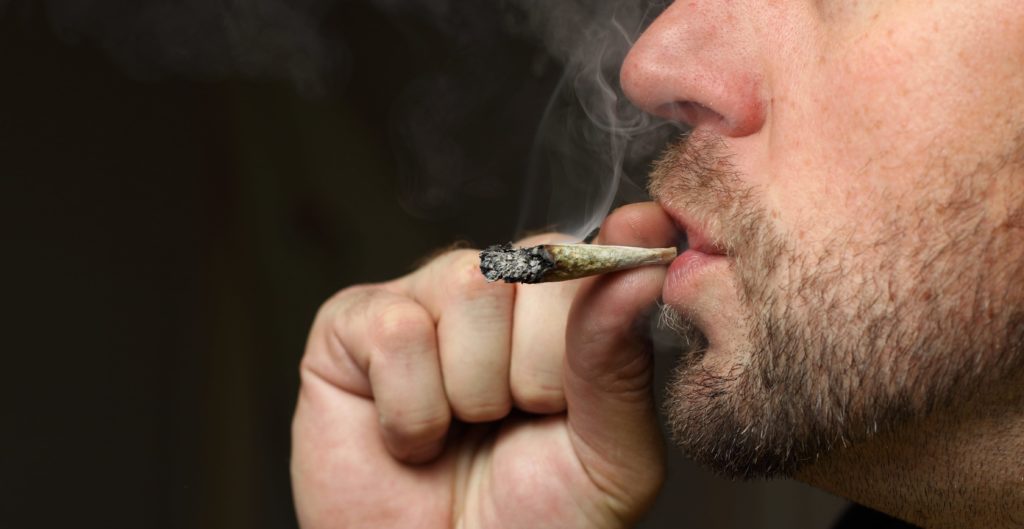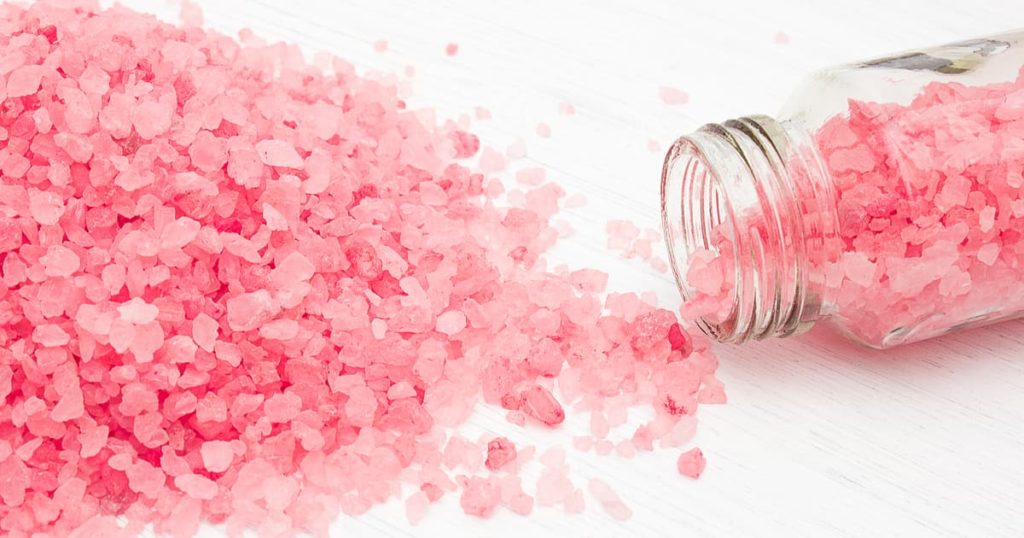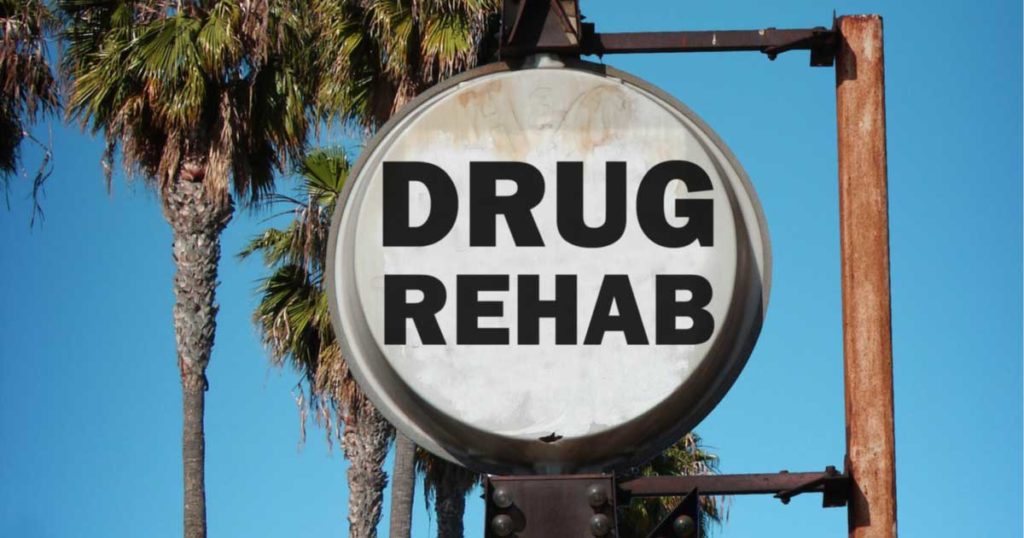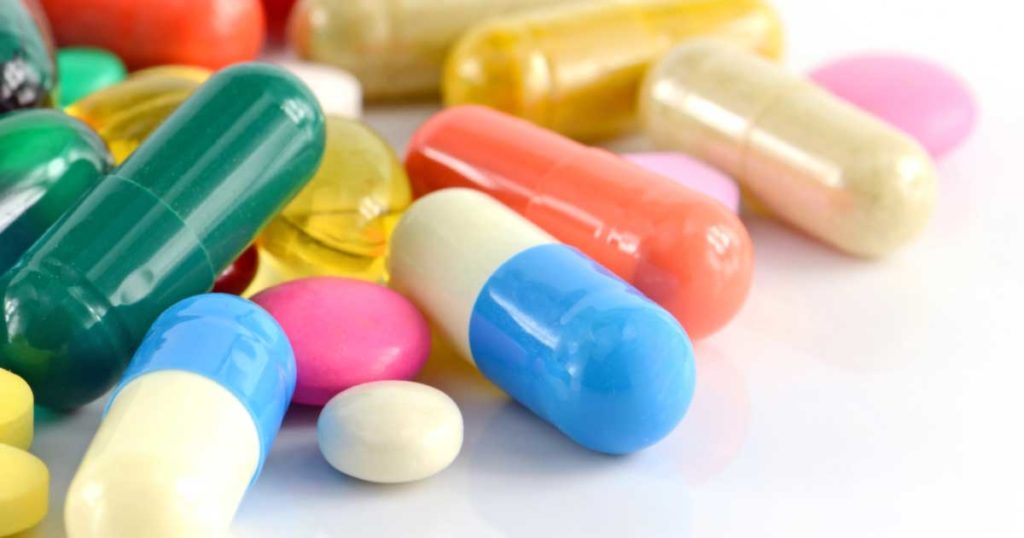Cannabidiol, or CBD, is one of the many chemical compounds found in cannabis plants. It has gained popularity in recent years for its potential health benefits and therapeutic properties. CBD is a non-psychoactive compound, meaning it does not produce the same “high” as tetrahydrocannabinol (THC), another well-known compound found in cannabis. This makes CBD more appealing to those who are looking for natural alternatives to traditional medication. But can CBD make you hungry?
To learn about CBD and marijuana, contact The Right Step at 17135283709 today. Our addiction treatment programs understand the complexities of addiction and can help you or a loved one take the first step toward recovery.
What Is CBD?
CBD, or cannabidiol, is a compound found in the cannabis plant. Unlike THC, another compound found in cannabis, CBD does not produce a high. Instead, it has been shown to have a range of potential therapeutic benefits, including:
- Pain relief
- Anxiety reduction
- Anti-inflammatory effects
CBD can be derived from both marijuana and hemp plants. While marijuana is illegal at the federal level, some states have legalized its use for medical or recreational purposes. Hemp, on the other hand, was legalized at the federal level under the 2018 Farm Bill if it contains less than 0.3% THC.
Does CBD Make You Hungry?
One of the most commonly reported side effects of marijuana use is an increase in appetite, also known as the “munchies.” But does CBD have the same effect? The short answer is no.
While CBD is derived from the same plant as marijuana, it does not contain THC, the compound responsible for the munchies. In fact, some research has suggested that CBD may even have appetite-suppressing effects.
That being said, it’s important to note that CBD can interact with other medications and may have side effects such as drowsiness, dry mouth, and diarrhea. It’s always a good idea to talk to your doctor before starting any new supplement or medication, including CBD.
THC vs. CBD
While CBD does not produce a high like THC, the two compounds do have some similarities. Both interact with the endocannabinoid system in the brain, which plays a role in regulating appetite, mood, pain, and more.
However, the way that THC and CBD interact with these receptors is different. THC binds directly to CB1 receptors in the brain, leading to the euphoric high and increased appetite commonly associated with marijuana use. CBD, on the other hand, does not bind directly to CB1 receptors and does not produce a high or increased appetite.
Signs You Have Marijuana Use Disorder
While CBD itself is not addictive, it’s important to remember that marijuana use can lead to addiction and other negative consequences. If you’re concerned that you or someone you know may have a marijuana use disorder, here are some signs to look out for:
- Using marijuana despite negative consequences – If you continue to use marijuana even after experiencing negative consequences such as legal troubles, relationship problems, or health issues, it could be a sign of addiction.
- Difficulty cutting back or quitting – If you’ve tried to cut back on your marijuana use or quit entirely but find yourself unable to do so, you may have a marijuana use disorder.
- Spending a lot of time and money on marijuana – If you find yourself spending a significant amount of time and money acquiring and using marijuana, it could be a sign of addiction.
- Neglecting responsibilities – If you’re neglecting responsibilities such as work, school, or family obligations in favor of using marijuana, it could be a sign of addiction.
If you or someone you know is struggling with a marijuana use disorder, The Right Step can help. Our addiction treatment programs are tailored to meet each patient’s unique needs, providing comprehensive care and support throughout every stage of recovery.
Call The Right Step’s Addiction Treatment Program Today
Contact The Right Step today at 17135283709 to learn more about our treatment programs and take the first step toward a healthier, happier life. Remember, seeking help for marijuana use disorder can lead to better outcomes and improve overall quality of life. Cannabidiol, or CBD, is one of the many chemical compounds found in cannabis plants. It has gained popularity in recent years for its potential health benefits and therapeutic properties. CBD is a non-psychoactive compound, meaning it does not produce the same “high” as tetrahydrocannabinol (THC), another well-known compound found in cannabis. This makes CBD more appealing to those who are looking for natural alternatives to traditional medication. But can CBD make you hungry?
To learn about CBD and marijuana, contact The Right Step at 17135283709 today. Our addiction treatment programs understand the complexities of addiction and can help you or a loved one take the first step toward recovery.






